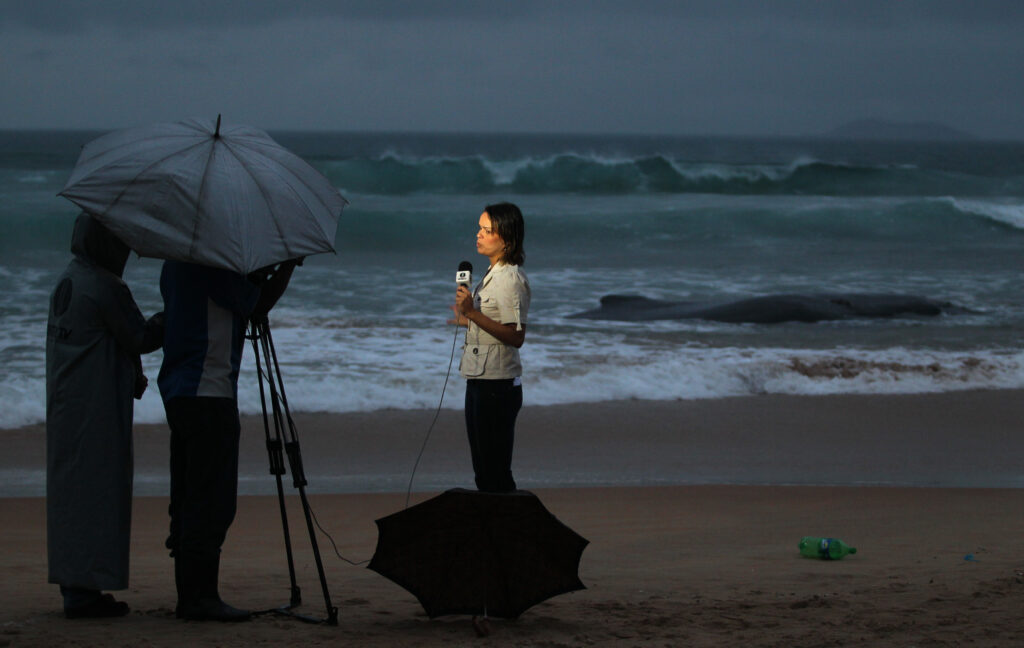
Media freedom in Brazil has been shrinking in the country since the 2016 election of Donald Trump and, then, Jair Bolsonaro’s victory in late 2018. Trump is a huge inspiration for Bolsonaro, and he does almost the same as the Americans do. Even the term ‘fake news’ has become a popular expression in Brazil.
Both leaders criticise and attack the press almost on a daily basis. They try to depict themselves as victims of the press and journalists as bad people in the service of evil forces who are not working for the good of the country. Some of them even use the term “bad Brazilians”.
More than the legitimacy of the press, both attack democratic institutions that are part of the democratic state, such as Congress or the Supreme Court. By doing so, leaders give legitimacy to other people – be they politicians, authorities or common people – to adopt the same treatment towards the press and journalists. It became common to see journalists being criticised on the streets during their work, people screaming at them, telling they are against the country. This certainly reduces our media freedom and capacity of working as these actions can turn violent.
With such speeches, leaders and a part of society are erasing what are the boundaries of truth and facts. They tell people only to believe in themselves, which is very dangerous, but somehow is working. I see the rise of skepticism and denial towards the press when people see something that is a fact but “they disagree”. They prefer WhatsApp or Facebook.
This is worse amid an environment of populists who deny the role of the press; people who do not understand the exact function of journalists in society, nor how the work is done.
As journalist Peter Baker wrote in the New York Times, the concept of public trust in “an established set of facts necessary for the functioning of a democratic society” is being eroded.
-International Affairs and Politics Reporter, Brazil, Thomson Reuters Foundation Alumnus
More Impact Stories
View All Impact Stories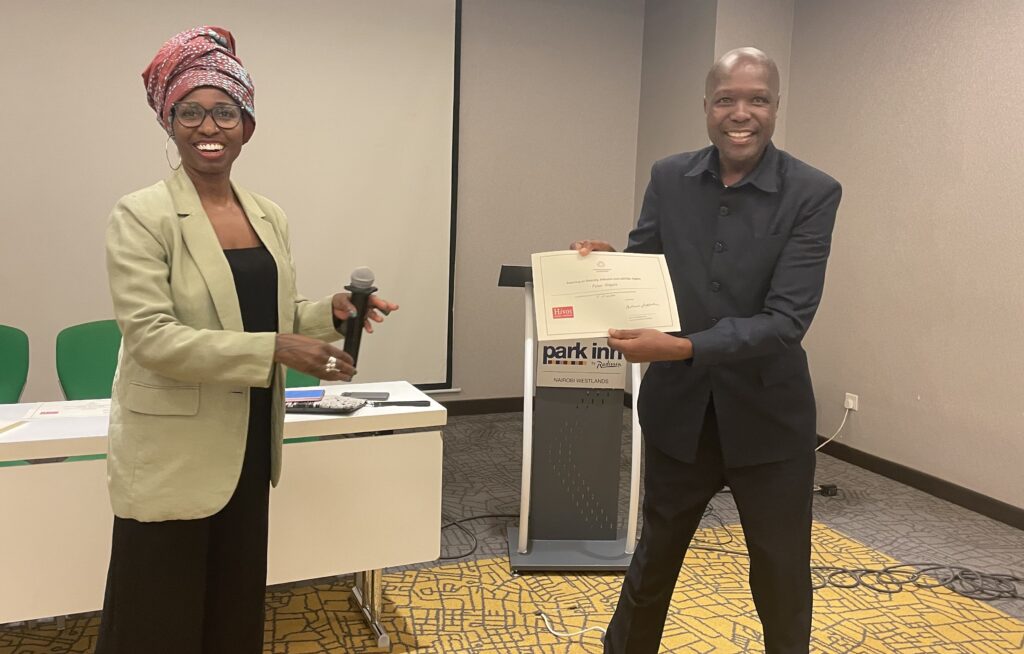
Reporting with empathy: one journalist’s journey to allyship
Discover how training from the…
Read More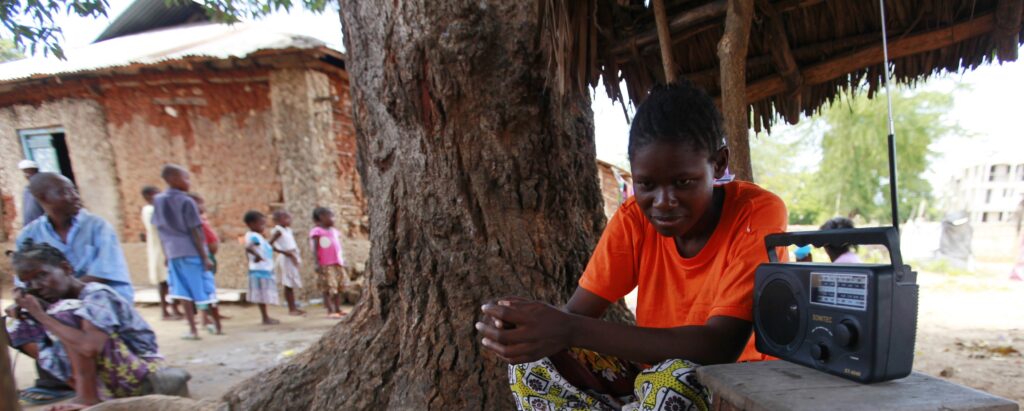
Shielding community journalism: How pro bono legal expertise broke the cycle of self-censorship for one Kenyan radio station
As Kenyan radio station Radio Domus ramped up the content it was putting out on digital platforms to…
Read More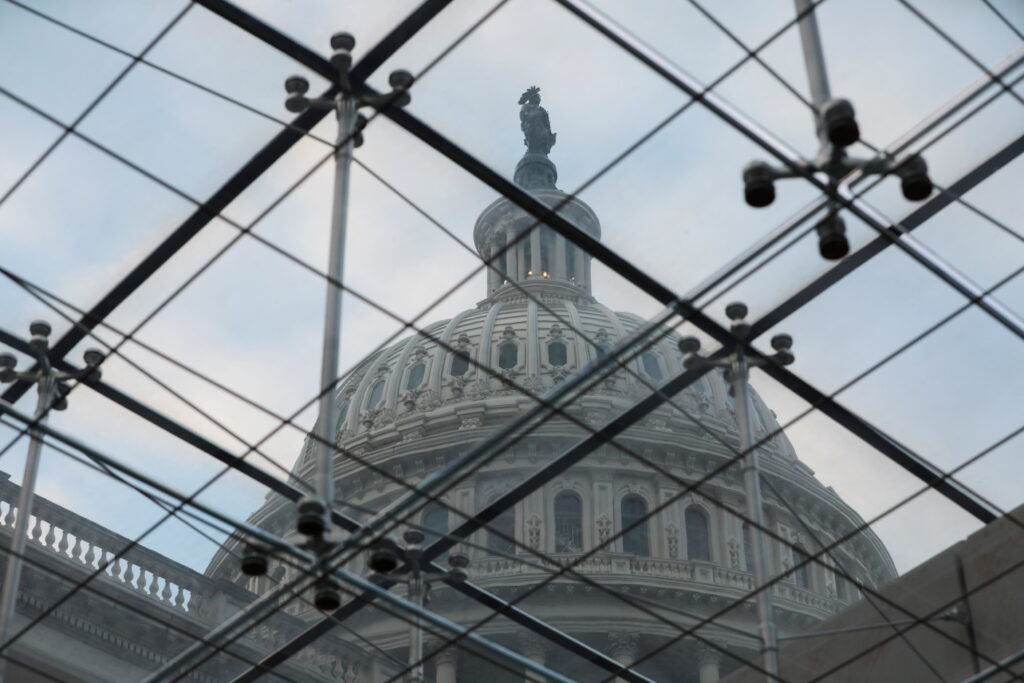
Combatting international corruption: The pro bono research behind the landmark Foreign Extortion Prevention Act
The absence of any U.S. law stopping a foreign official from demanding a bribe from an American…
Read More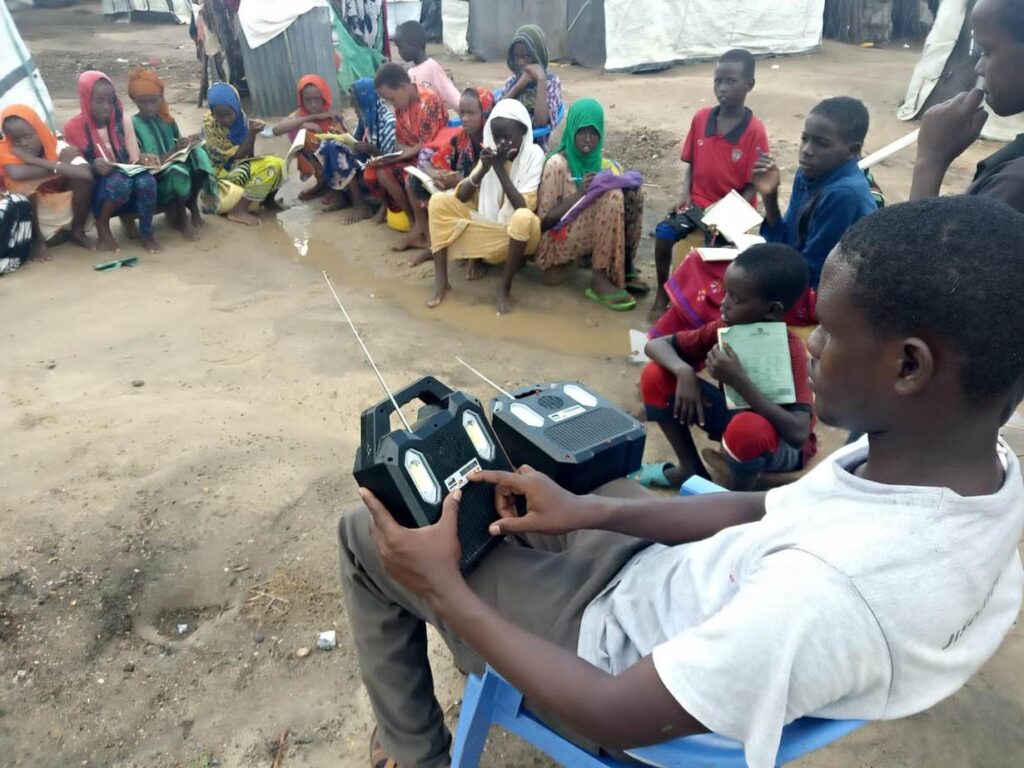
The value of pro bono: Radio Domus
Radio Domus FM is a non-profit youth-centric, 24-hour community radio station in Kajiado…
Read More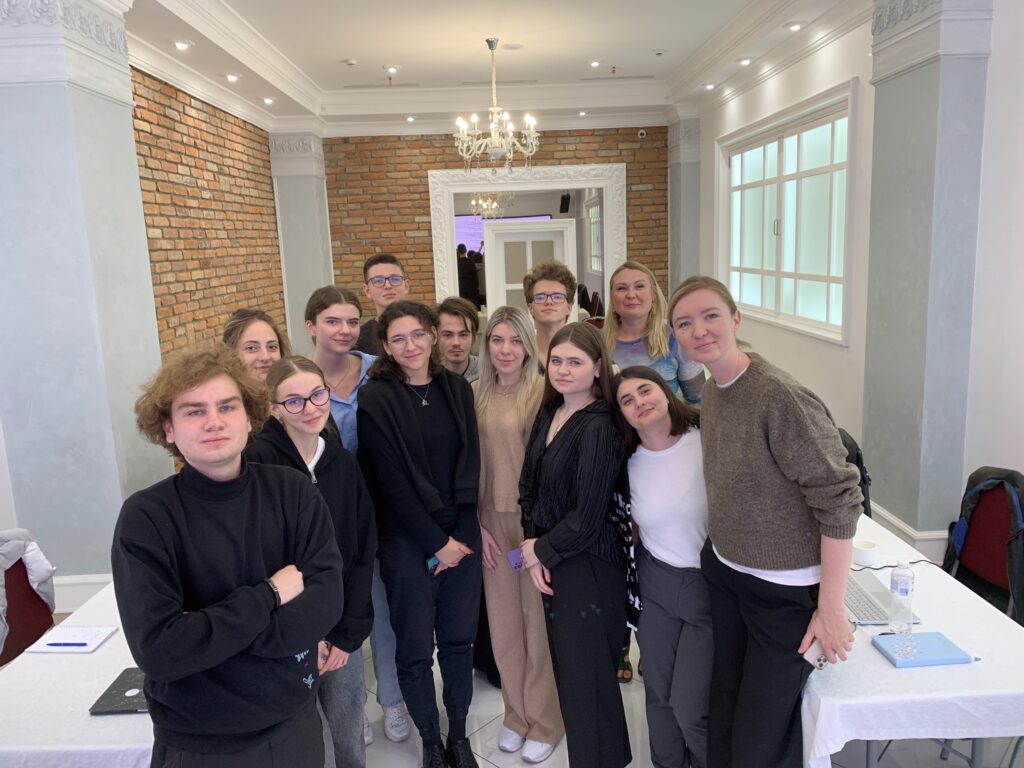

Delivering pro bono legal services in France
Participation in pro bono initiatives is on the rise in France,…
Read More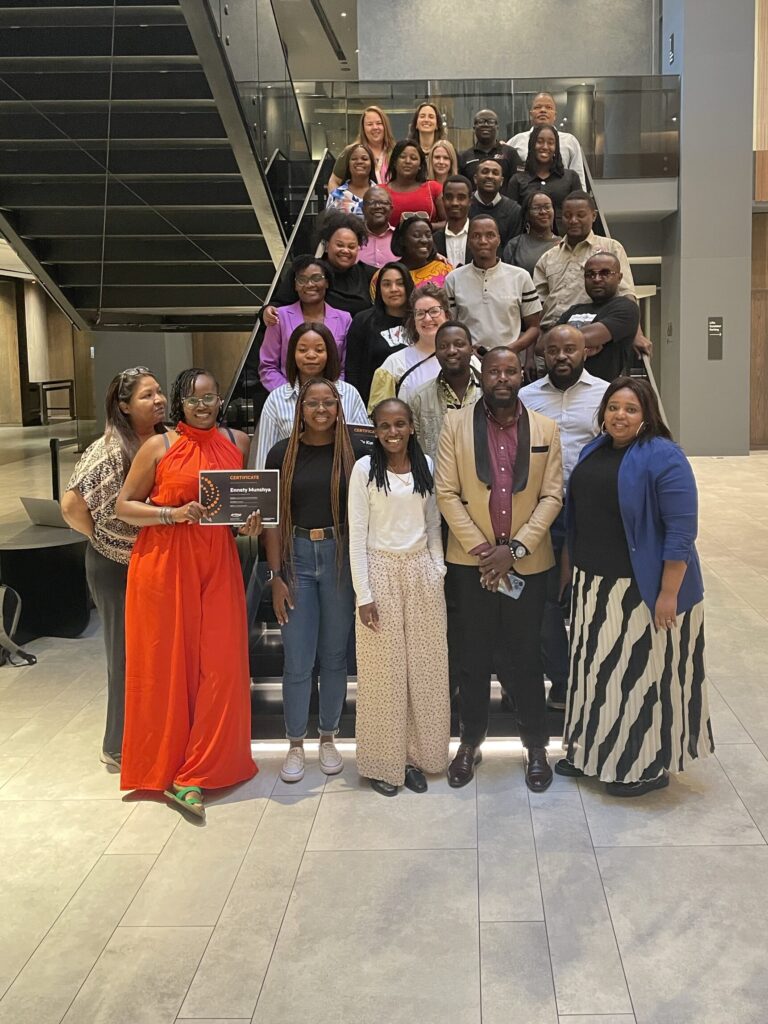
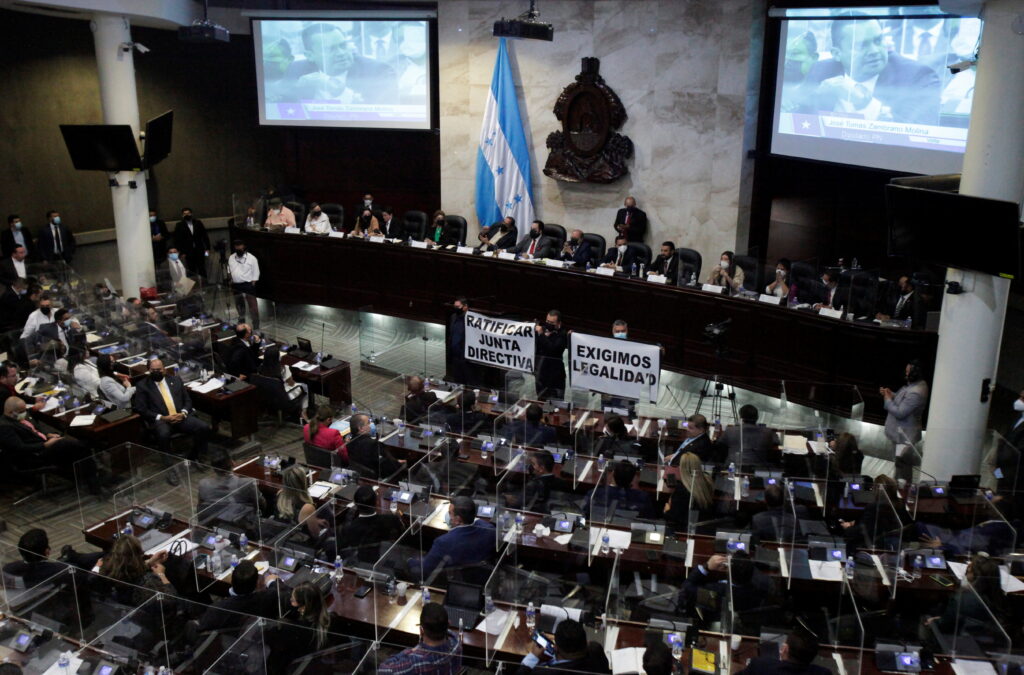
Delivering pro bono legal services in Latin America
New technologies are enhancing pro bono work in Latin…
Read More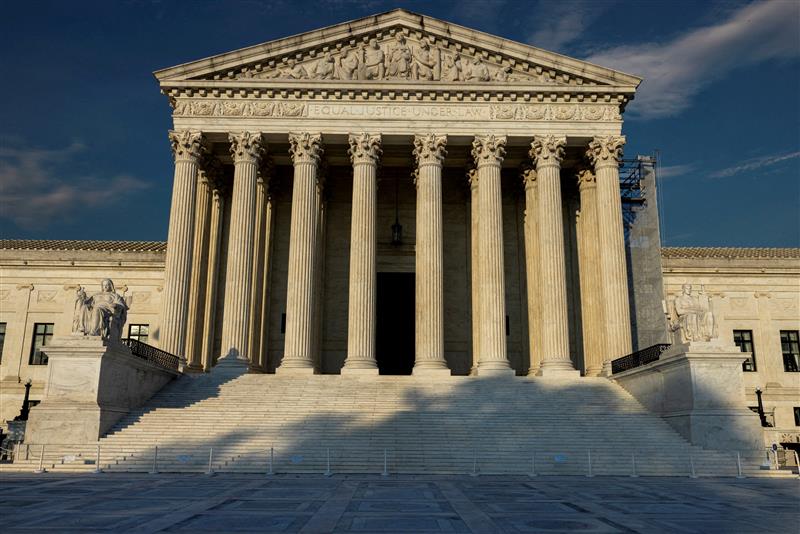
Delivering pro bono legal services in the United States
In 2020, White & Case created its Access to Justice…
Read More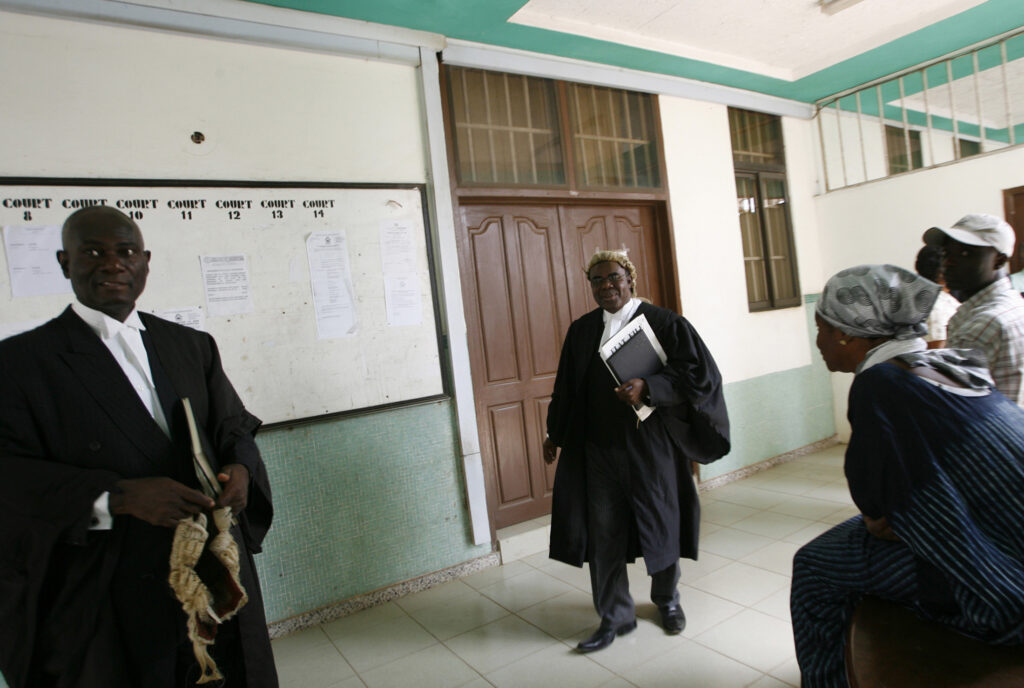
Delivering pro bono legal services in Ghana
The legal community in Ghana is frequently engaged in dialogue about…
Read More

